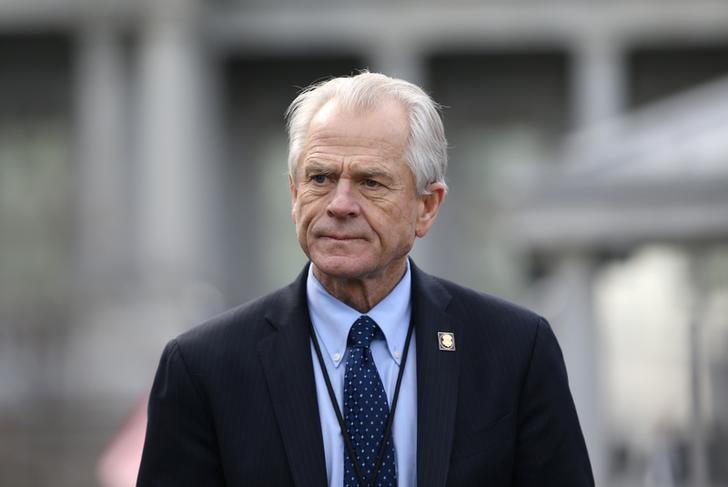White House Trade Adviser Peter Navarro told Fox News in an interview Thursday that when China’s communist authorities censored parts of Wednesday night’s vice presidential debate, they did so in a “calculated” bid at deception.
“What China does is they regularly monitor international broadcast,” Navarro said. “You got your seven or 10 second delay. And this was quite calculated on their part.”





